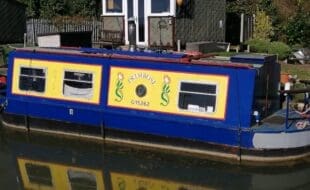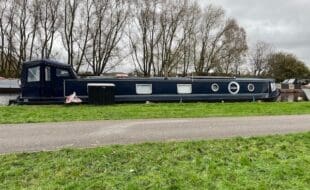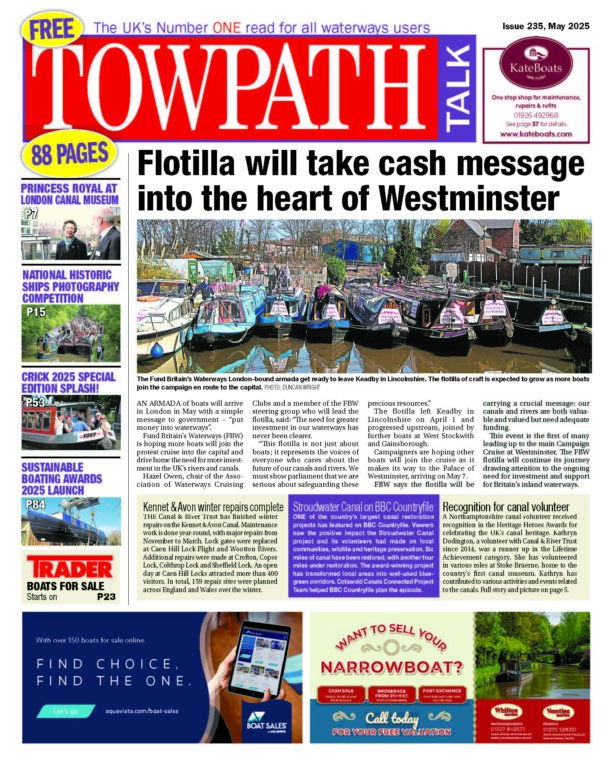Jonathan Mosse reports…
WITH the recent appointment of Lord Peter Hendry of Richmond Hill CBE as rail minister – until recently chair of Network Rail – the ongoing fracas surrounding safety at Euston Station has again been drawn into the spotlight.
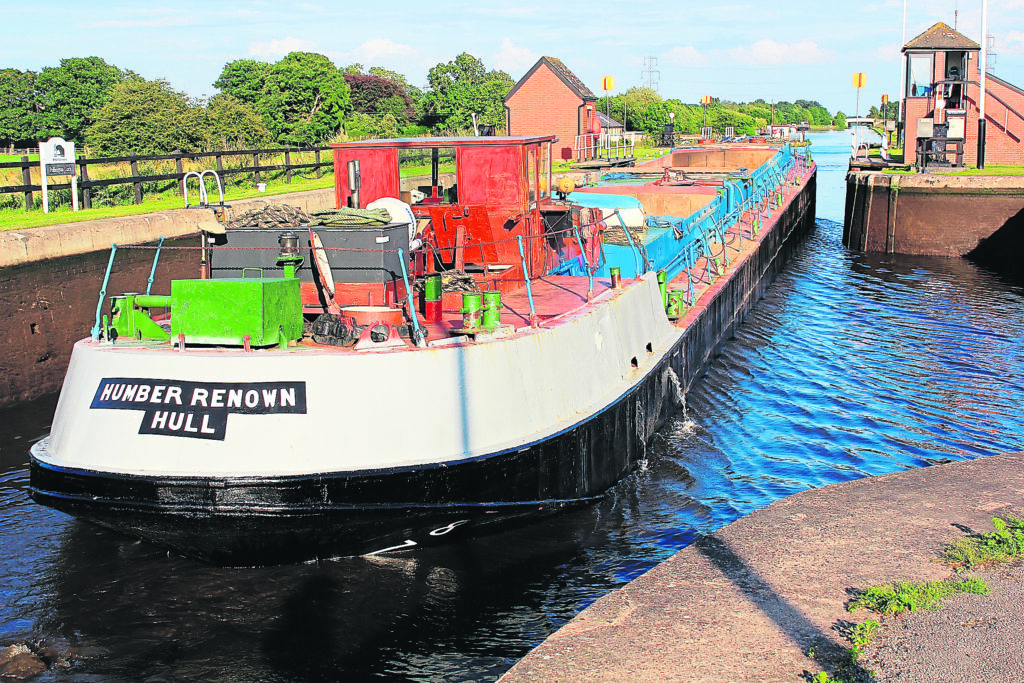
Upheld in one memorable tweet as ‘a Petri dish of chaos’, we are reminded that London’s major terminus remains the focus for the attention of the Office of Road and Rail (ORR) – the Government’s transport regulator.
What isn’t being addressed, however, is why a ‘transport regulator’ limits its attention to just two modes of transport when newly appointed Transport Secretary Louise Haigh sets out her stall with an opening address, stating that the Department for Transport (DfT) would ‘think about infrastructure and services together at every turn’.
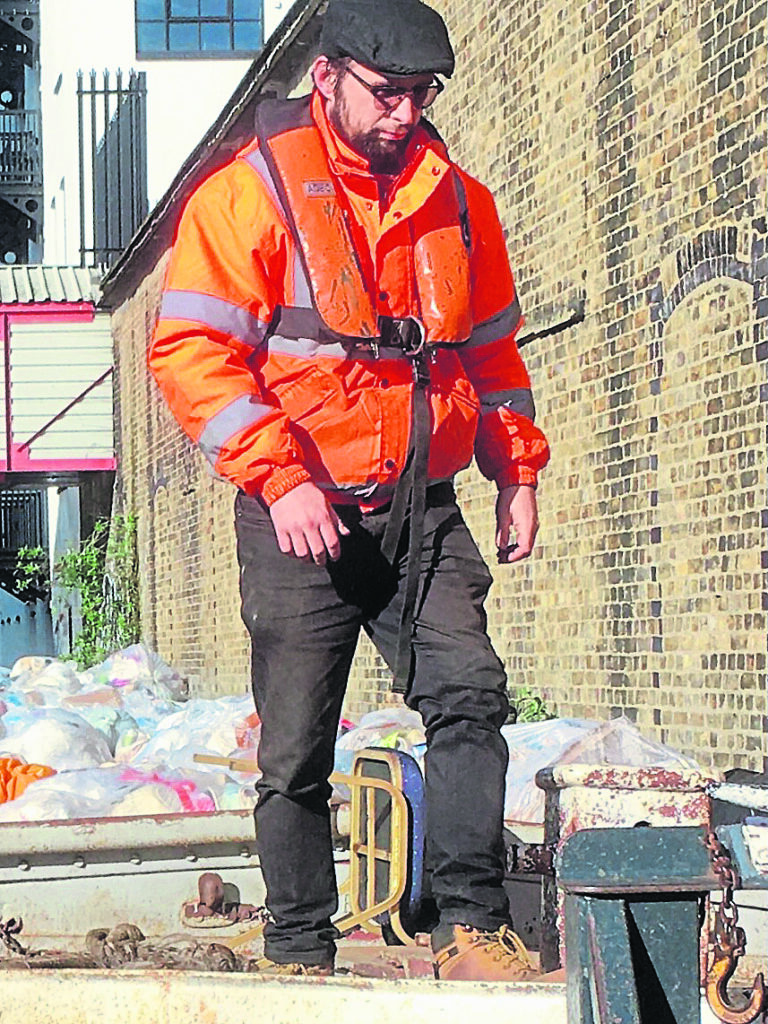
She goes on to promise that while “it will take all our effort, the new motto of our department – our purpose – is simple: move fast and fix things.
“Our department is so clearly central to achieving the missions for government that the prime minister has committed us to: growth, net zero, opportunity, women and girls’ safety, health. None of these can be realised without transport as a key enabler.”
Strategic priorities
However, once again waterways freight sits nowhere near the top of the list of these enablers. Indeed, it can only be inferred from the items listed in fourth and fifth place in her list of five strategic priorities, which she claims is putting transport at the heart of a mission-driven government:
Improving performance on the railways and driving forward rail reform
Improving bus services and growing usage across the country
Transforming infrastructure to work for the whole country, promoting social mobility and tackling regional inequality
Delivering greener transport
Better integrating transport networks
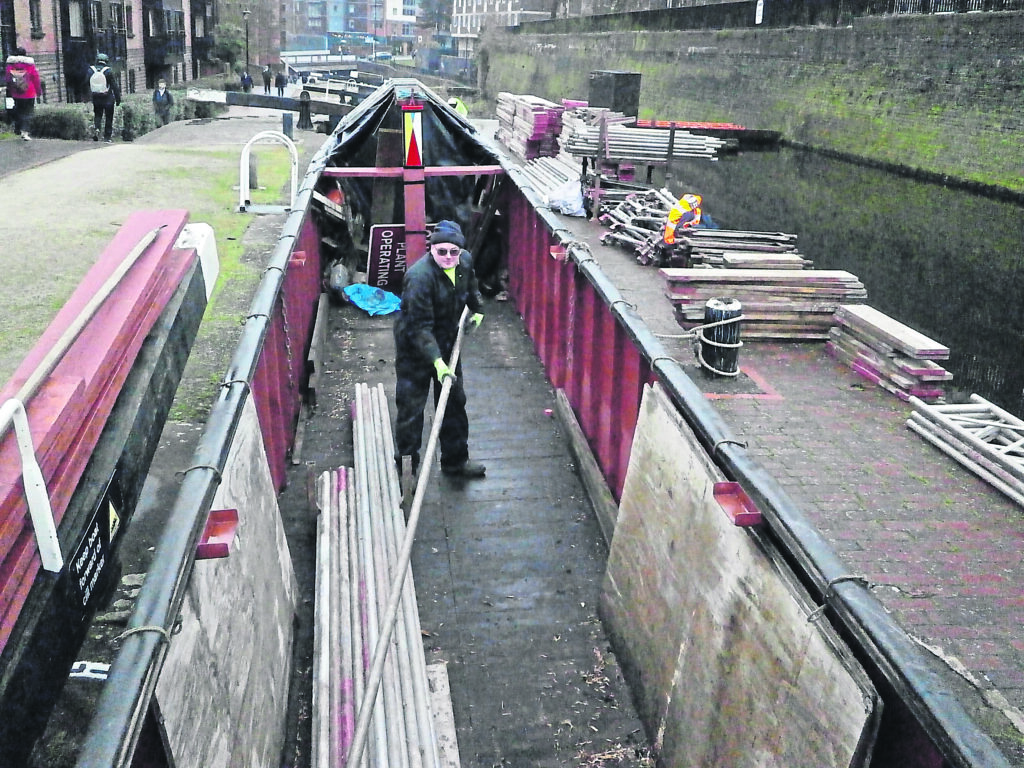
Time will tell how this all shakes down into an integrated trans-modal package, if indeed it does but clearly the transport playing field is currently a long way from being levelled as last month’s announcement, that DfT would waive track access charges for new rail freight traffic for the next six months, recently drove home to me.
No mention there, of a possible incentive to relax the tolls on similar new traffic carried on our network of inland waterways, a significant example of which is currently being trialled in the North East: already a key area for ‘levelling up’ among other initiatives!
Commercial Boat Operators Association
So once again it is left to an unsung and largely unpaid trade body to promote what is widely recognised as the most environmentally sound transport mode, namely the Commercial Boat Operators Association (CBOA).
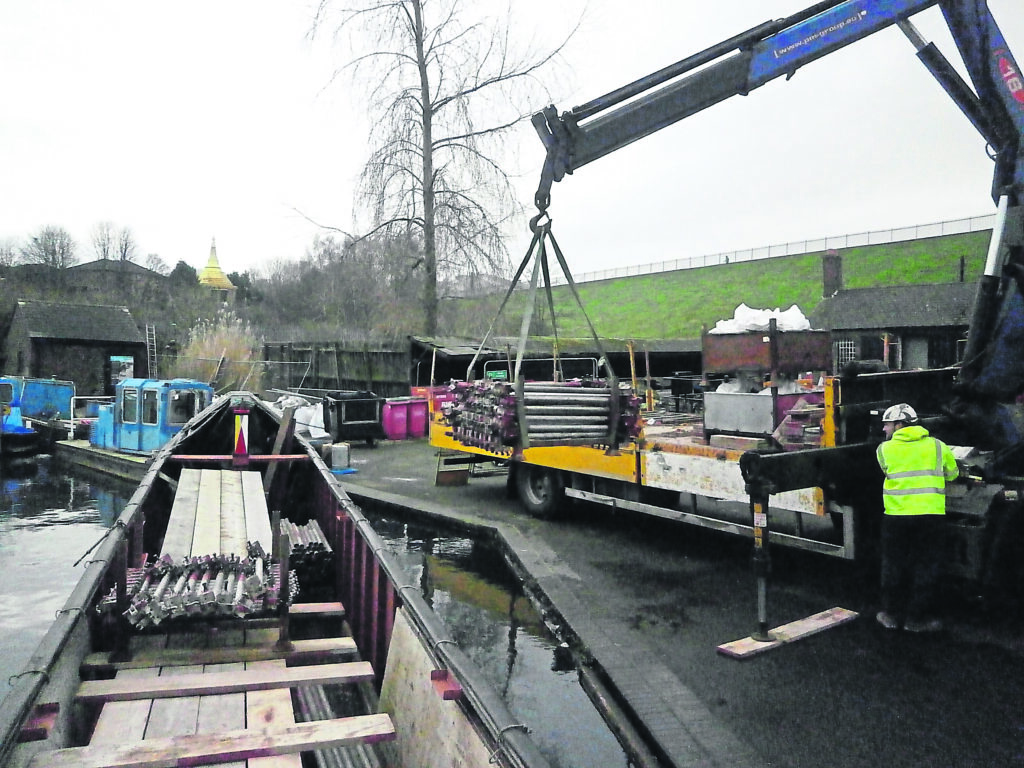
Year in, year out the association’s officers continue to work hard to maintain a waterways presence and promote their freight usage. On a regular basis they meet with, and provide advice and guidance for, prospective water freight users on waterways of all sizes. As well as providing members (trade and associate) with expert advice. They monitor planning applications across the country, supporting proposals where merited, providing guidance to local authority planning officers and, as appropriate, object to proposals which might adversely affect waterborne freight carriage, including those applications that involve the loss of wharfage facilities.
“Our department is so clearly central to achieving the missions for government that the prime minister has committed us to: growth, net zero, opportunity, women and girls’ safety, health. None of these can be realised without transport as a key enabler.”
They work with Canal & River Trust (CRT) at a national and local level with CBOA and its members participate in CRT’s Steering Groups, including the ongoing Port of Leeds project and sit on the Navigation Advisory Group. They have a representative on the CRT Council and provide advice and guidance for their dredging programme while influencing repairs, stoppage dates and maintenance programmes.
CBOA has met with DfT representatives and played an active role in the review of the Modal Shift Revenue Support (MSRS) grant scheme, ensuring the needs of its members are well represented. The association has also worked with partner organisations to ensure that there is a coherent, unified response from the wider marine sector to this consultation.
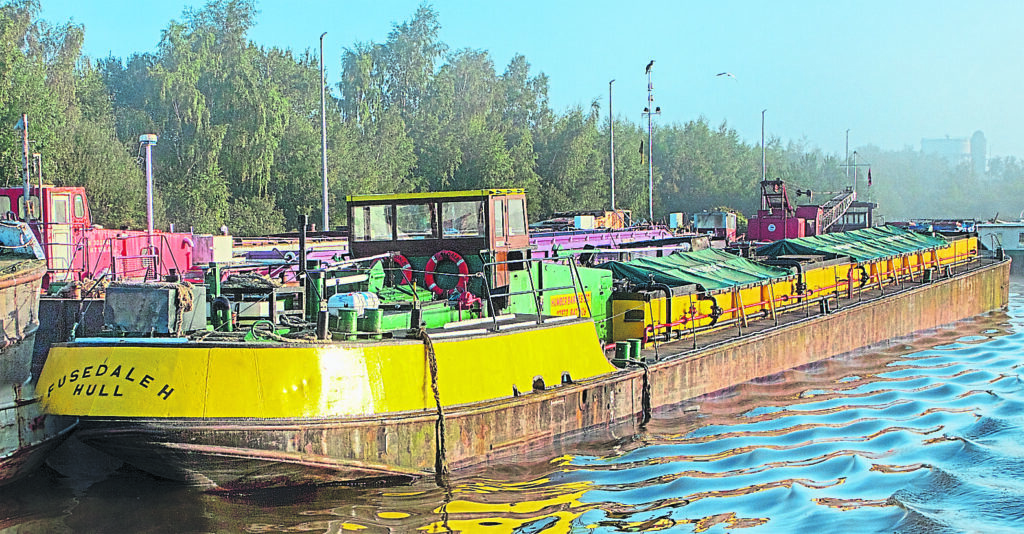
They continue to produce an informative CBOA Newsletter which is circulated widely beyond their membership to influencers and decision makers across the freight and logistics sector.
In life we are warned to ‘beware of what we wish for’ but some of the attention surrounding Lord Hendry’s spat with engineering and safety whistle-blower Gareth Dennis might just be a welcome change for inland waterways transport, if only to shift the focus away from the two ‘R’s.
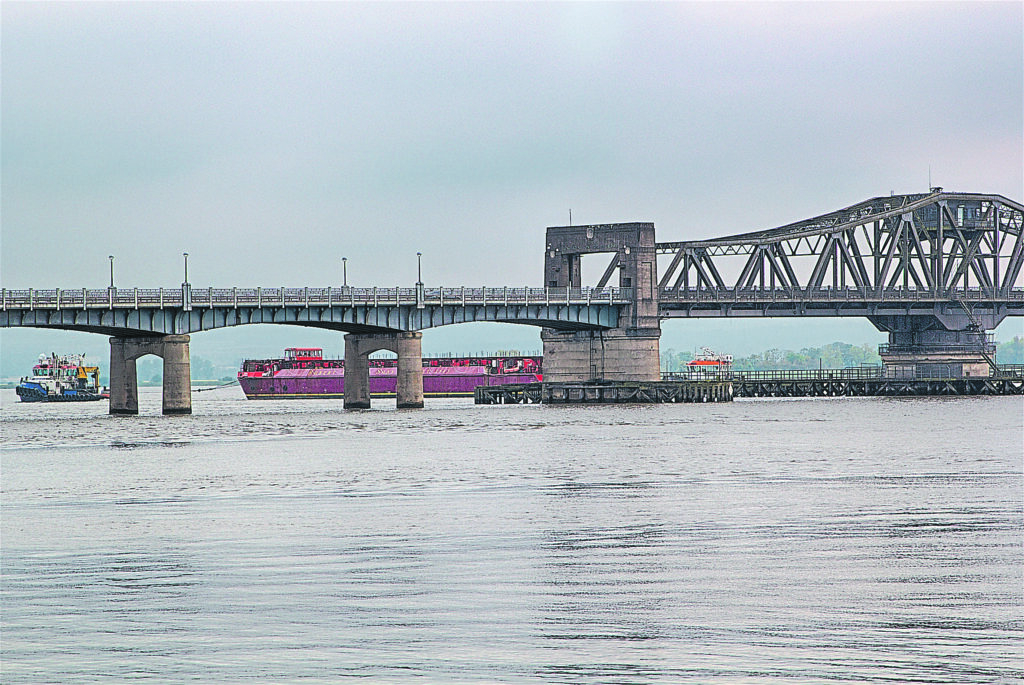
So, at the risk of sounding like a broken record, surely it is time to get inland waterway freight services under the common umbrella of DfT rather than floating around in DEFRA under the auspices of CRT, where it is without either a department or responsible officer.

